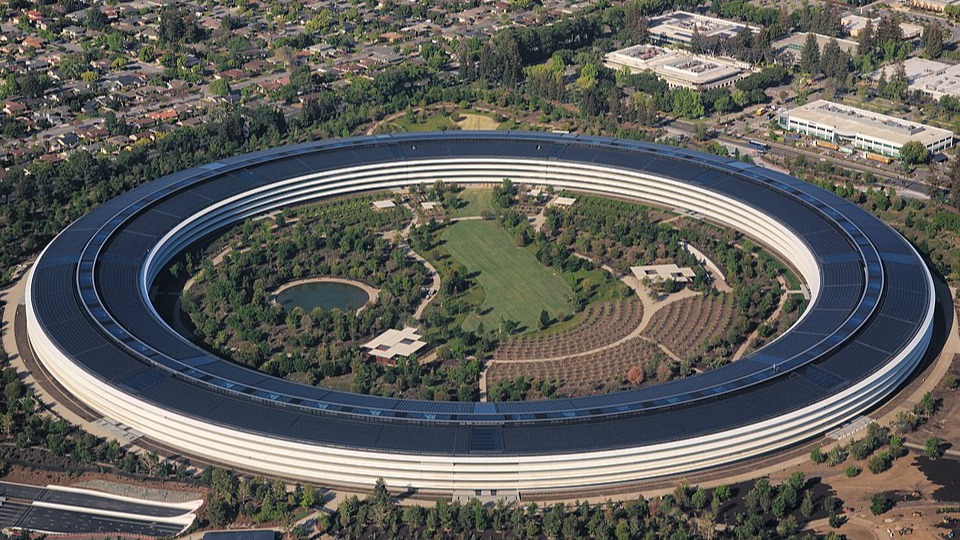Apple is exploring the use of generative artificial intelligence to speed up the design of custom chips that power its devices, according to comments made by the company’s top hardware technology executive.
Johny Srouji, Apple’s senior vice president of hardware technologies, outlined the company’s interest in AI-assisted chip design during a speech in Belgium last month, where he was receiving an award from Imec, an independent semiconductor research and development group that collaborates with major global chipmakers.
In the speech, a recording of which was reviewed by Reuters, Srouji traced Apple’s journey in custom chip development from the first A4 chip used in an iPhone in 2010 to the latest processors powering Mac desktop computers and the Vision Pro headset.
The executive emphasised that Apple had learnt the importance of utilising cutting-edge design tools, including the latest chip design software from electronic design automation (EDA) firms. The two largest companies in this sector, Cadence Design Systems and Synopsys, have been competing to integrate artificial intelligence capabilities into their offerings.
“EDA companies are super critical in supporting our chip design complexities,” Srouji said. “Generative AI techniques have a high potential in getting more design work in less time, and it can be a huge productivity boost.”
The comments highlight Apple’s continued investment in chip technology as the company seeks to maintain its competitive edge in the smartphone and computer markets. Apple has been designing its own processors since 2010, moving away from reliance on third-party suppliers for critical components.
Srouji also reflected on Apple’s bold decision to transition Mac computers from Intel processors to its own Apple Silicon chips in 2020, describing it as a calculated risk with no contingency plans.
“Moving the Mac to Apple Silicon was a huge bet for us. There was no backup plan, no split-the lineup plan, so we went all in, including a monumental software effort,” he said.
The transition proved successful, with Apple’s M-series chips receiving praise for their performance and energy efficiency compared to Intel’s offerings. The move also gave Apple greater control over its product roadmap and reduced dependence on external suppliers.
The potential application of AI in chip design represents the latest development in Apple’s semiconductor strategy, as the company continues to invest heavily in custom silicon to differentiate its products from competitors.


